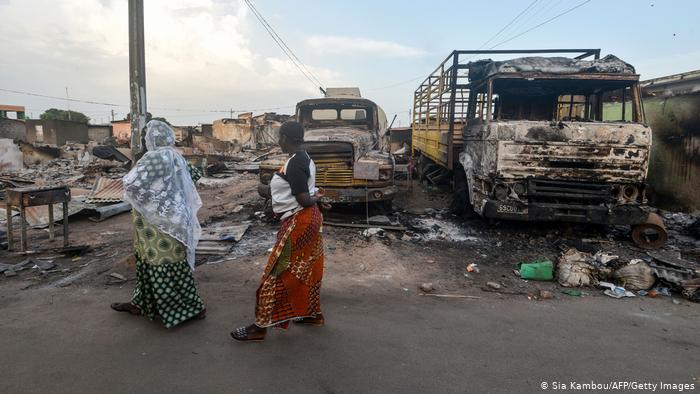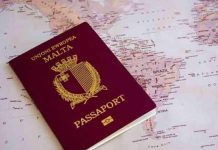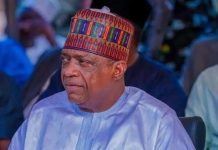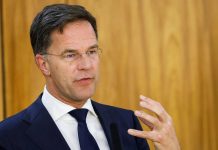Africa-Press Nigeria
Ivory Coast President Alassane Ouattara should not have even been on the ballot. But the already two-term leader wanted a third stint in office, and through a legal loophole, Ouattara stood for re-election. Despite bitter opposition and risking peace in the Ivory Coast, the ploy worked. The Ivorian election commission said Ouattara won a staggering 94% of the vote, boycotted by the opposition.
Ivory Coast’s political crisis is far from over. The opposition has refused to recognize the election results, and violent protests have already resulted in deaths.
The European Union has hardly reacted. The powerful bloc said it had taken note of the results, according to foreign minister Joseph Borrel. “The EU expects all parties involved to contribute to calming the situation and resuming dialogue,” Borrel said rather pleadingly while urging “reconciliation through concrete measures.”
Words of warning, but no action
If the EU’s inaction seems familiar, it’s because it is. In 2020, Guinea’s 83-year-old President, Alpha Conde, had the nation’s constitution changed, stood for election, and won. There too, violent protests and accusations of voting manipulation were rife. But Brussels had only words of warning for Guinea even though the election’s credibility was in question.
Events in Nigeria have received similar treatment. The government is under increasing pressure as primarily young people led mass protests against suppression, police violence, and state corruption. Police have responded brutally, leaving at least 12 people dead so far. And still, the EU has remained silent.
Brussels bets on regional solutions
Many people in affected West African countries are dismayed at the EU’s apparent passivity. “This indifference shows the international community doesn’t want to get involved beyond a certain point,” says Ramadan Diallo, a political scientist at the University of Sonfonia-Conakry in Guinea.
“We will have to resort more to regional resources to solve our problems. We can’t expect anything from this international bloc, based on the EU’s current attitude,” Diallo told DW.
The EU does get involved in African crises, counters Robert Kappel, a scholar specializing in economy and politics in Africa. He points to training programs for local and regional military forces in Mali. The EU also backs a regional unit hoping to defeat extremists in the Sahel, he says.







